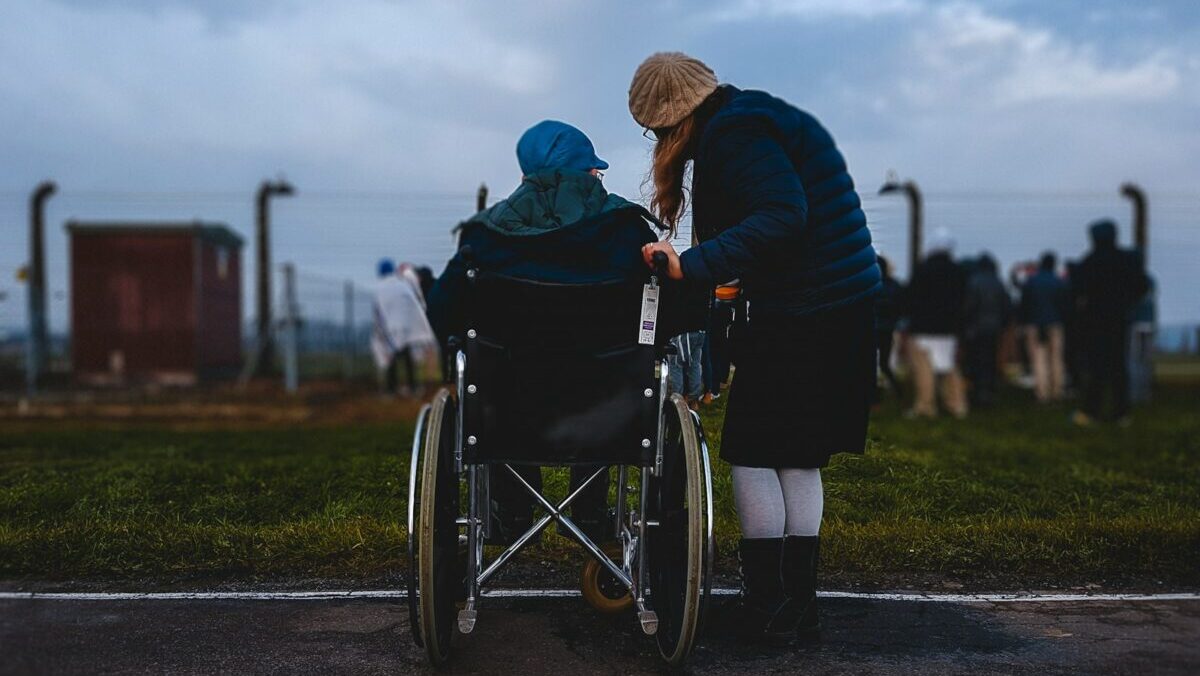Caregiving may be the most demanding and rewarding undertaking you will ever encounter. Caregiving can be exhausting, aggravating and, at times, completely overwhelming.
But in the same way, no matter how frustrating the process can be, no one will love you quite the same way, and you will never love anyone else in the same way.
A caregiver is anyone who provides basic assistance and care to someone who is frail, disabled or ill and in need of care.
Those who need care can fall into any age group or category of relationship to us (child, spouse, sibling, friend, etc.), but for the purpose of this article we are focusing on children caring for aging parents.
As medical technology improves our lifestyle, we all are living longer.
While most of our parents are accustomed to applying caring skills to their children, many children will eventually become caregivers to their aging parents.
New roles
It means taking on new roles for both the children and their parent and, in a sense, children are beginning to parent their parent.
For many, they never truly saw it coming. We remember our parents in their prime and don’t always look to the future for what might take them out of the mainstream of life into a life of dependency — dependency on you to provide care.
Four kinds of people
The Rosalynn Carter Institute for Caregivers website quotes the late former first lady: “There are only four kinds of people in the world — those who have been caregivers, those who are currently caregivers, those who will be caregivers and those who will need caregivers.”
Basically, we will all become caregivers in some fashion or the other. So do you want this responsibility? It seems like a silly question because for the most part we don’t get to vote and say we don’t want the job. Most of us start this journey because someone we love needs help.
Caregiving can be a multidimensional puzzle: For some it means providing 24-hour, around-the-clock care for someone who can’t dress themselves, go to the bathroom or think for themselves. For others it is an emotional rollercoaster because the diagnosis has not exhibited debilitating symptoms yet.
Begin the conversation now
There will come a time when you realize your parents are getting older and no matter how independent they are, they’re going to need help in some manner.
The problem is that, in many cases, neither you nor your parents want to discuss these coming events.
While planning ahead will keep the trauma down, most of us find we are caregivers when we get the call at 3 a.m. that “mom is in the ER and has had a stroke, come now.”
It is more difficult to make decisions in a crisis, so rather than waiting for an unexpected event to happen, begin the conversation now.
Staying ahead of the game will give you and your parents time to consider the options carefully. It will ensure your parents get the best possible care, and it will give you peace of mind.
The mortality rate for all of us is 100% unless Jesus comes. The best time to talk about it all is now. Don’t wait until the situation has become volatile and reason and logic are no longer active.
Within Alabama, family caregivers are the backbone of the long-term care workforce. Over one third of the adults in need of long-term care depend upon family as their only source of help.
But despite the growing number of family caregivers and the huge contribution to the health-care economy, family caregivers face little advocacy from churches and our communities.
One way churches can help is to provide settings for the “preparing ahead” discussions that can take place and to offer resources for families to explore.
Congregations also are excellent places to provide support to families in the throes of caregiving situations. The ministry mindset is already in place for organizing meals, transportation, sitters, respite opportunities and a listening ear.
EDITOR’S NOTE — Willie Brunetti has a long history of being a family caregiver and leads seminars on the topic. He is a retired Air Force officer and holds a doctor of educational ministry from New Orleans Seminary. He is a member of First Baptist Church Meridianville, Alabama.
Tips for caregivers
- Schedule and have consistent breaks from caregiving responsibilities.
- Let your doctor know you are a caregiver.
- When someone offers help, let them help.
- Make time to be social and do some of the things you use to do prior to being a caregiver.
- Consider joining an online support group.
- Make sure you are getting enough sleep.
Source: Alabama Public Health
Tips when assisting someone needing care
- Approach the patient slowly and calmly.
- Use a friendly tone of voice and facial expressions.
- Make eye contact when you speak to the patient.
- Face the patient when you speak to them.
- Do not touch the patient from behind.
- Speak slowly, clearly and distinctly (dementia patients do not understand complex speech).
- Use one-step commands.
Source: Alabama Public Health







Share with others: